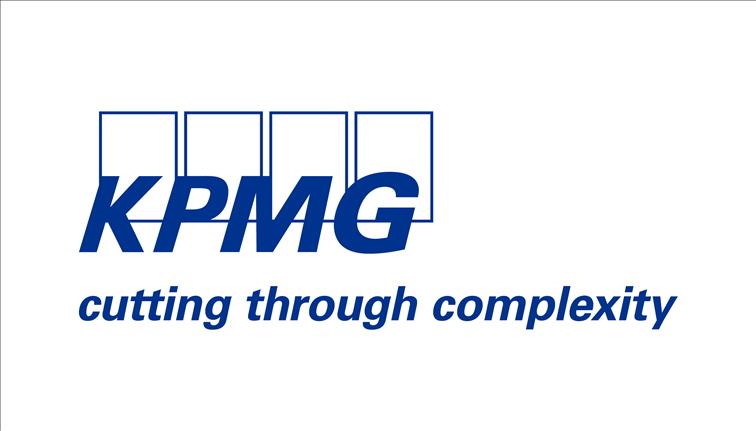 Revenue Minister Todd McClay has released the Government’s Tax Policy Work Programme for the next 18 months.
Revenue Minister Todd McClay has released the Government’s Tax Policy Work Programme for the next 18 months.
The focus of the new work programme is on (a) Further improvements to tax and social policy rules (b) Scoping a review of the tax settings for annuities (c) A review of the tax rules for closely-held companies, considering simplification, technical and base maintenance issues and (d) Measures to support business growth and innovation, such as deductibility for R&D black hole expenditure.
The Programme accounts for a number of existing proposals. These include cash-out of R&D tax losses, miscellaneous remedial amendments to improve the operability of the tax rules, international tax reform and an active income exemption for offshore branches of New Zealand companies.
BBLR approach
Speaking at the Tax Conference of the New Zealand Institute of Chartered Accountants held on November 8, 2013 at Sky City Convention Centre in Auckland, Mr McClay affirmed the Government’s commitment to a “broad-based, low-rate” (BBLR) tax system, based on its simplicity and flexibility, supported by public consultation under the Generic Tax Policy Process.
We agree that the BBLR approach has served New Zealand well and predictability of, and public input into, tax policy development is important.
The new tax policy work programme contains no major surprises, with a number of items cementing previous policy or already foreshadowed.
We welcome the explicit focus on annuities. There will be a growing need for such products over the coming years, when KiwiSavers retire.
Addressing tax anomalies for annuities is important to ensuring that the objective of KiwiSaver to adequately provide incomes in retirement is met.
Innovative thinking
Similarly, we welcome the move to simplify and make more coherent the rules for closely-held and tax transparent entities. There is a real opportunity for innovative thinking to alleviate the tax compliance headaches for closely-held companies and their shareholders. However, there are likely to be some trade-offs for that simplicity. The key issue is the potential for tax bills to increase while compliance costs reduce.
It should come as no surprise that key parts of the OECD’s base erosion and profit shifting action plan feature prominently on the new work programme. As we noted earlier, any changes need to balance New Zealand’s economic interest against global demands. This remains an area that everyone should continue to monitor.
IRD challenges
The Work Programme outlines two key challenges for Inland Revenue Department (IRD). They are (a) How the IRD Commissioner discharges her role, which includes protecting the integrity of the tax system and promoting voluntary compliance, with greater demands for tax information sharing across Government, and (b) Successful transformation of IRD’s business processes and service delivery to meet the 21st century requirements.
The Minister has referred to the latter as ‘IR4U.’
It is about making life easier for IRD’s many customers, as much as making sure that the current tax regime does not constrain the tax system.
Tax Conference
Both the Minister and IRD Commissioner have signalled a tax administration conference in mid-2014. The focus will be modernising New Zealand’s tax administration.
The conference can be expected to cover how income tax could be collected from business and the role of withholding taxes and possible tax simplification.
 While we look forward to this debate, we should be careful about what we want.
While we look forward to this debate, we should be careful about what we want.
For example, the Government will still want businesses to pay tax regularly even if it can be persuaded that provisional tax should be abolished. The replacement system could be a comprehensive business withholding tax.
That would significantly change a business’s cash flow.
Chandan Ohri is Partner (Consulting) at KPMG based in Auckland. KPMG is the Sponsor of the ‘Business Excellence in ICT’ category of the Indian Newslink Indian Business Awards.






